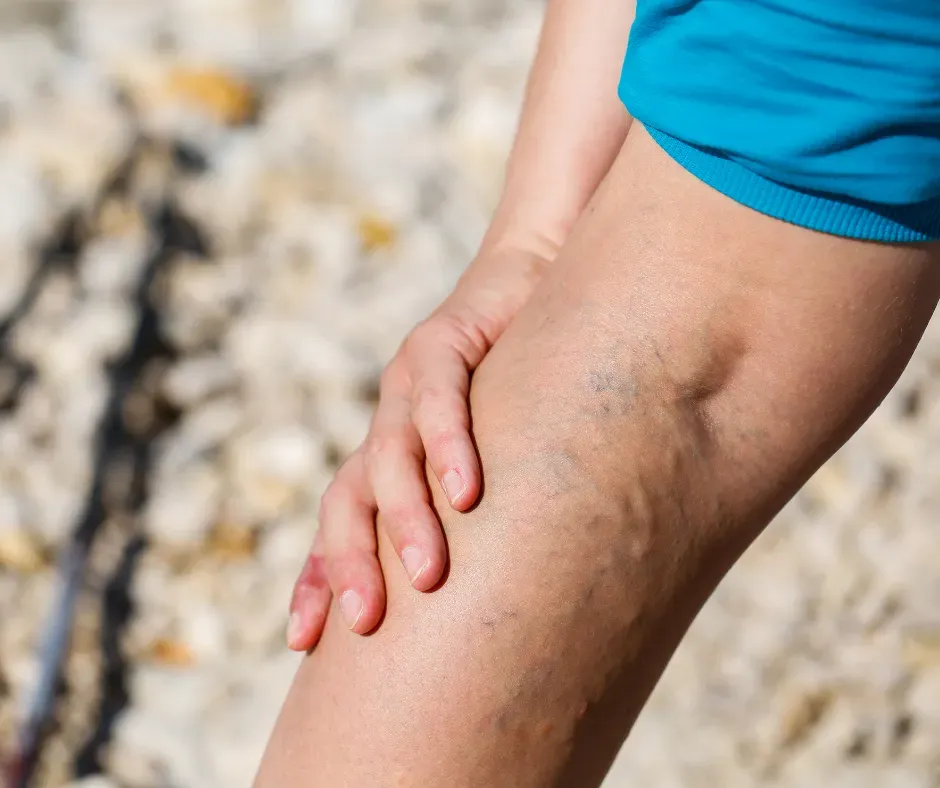Vascular and Vein Institute of the South
Around a quarter of American adults have varicose veins. If you are troubled by varicose veins, contact us today. With offices in across the tri-state area, including Germantown, Memphis, Millington, Southaven, Oxford, Grenada, Senatobia, West Memphis, and Forrest City, our team offers convenient and effective treatments to get rid of varicose veins and improve your vascular health. Call us or schedule an appointment online today.
Varicose Veins Q & A
What are varicose veins?
Varicose veins are the ropey, swollen, blue or purple veins that appear on your legs. In addition to being unattractive, varicose veins can also cause aching legs or cramping, leg fatigue, and itching skin.
Varicose veins are also a sign of venous insufficiency, which can contribute to other cardiovascular health issues.
What causes varicose veins?
Your veins have tiny valves that help push blood back to your heart and lungs. When you have weakness or damage in one (or more) of these valves, your blood can leak backward and pool in a section of your vein, which causes varicose veins to develop.
Your risk of varicose veins increases with age and if you spend long periods standing or sitting. Being overweight can also increase your chances of developing varicose veins. You’re also more likely to develop varicose veins if you have a family history of the condition.
How are varicose veins treated?
While varicose veins don’t usually pose a health risk, you should still talk to a vascular health specialist about your condition. We provide extensive exams to assess your situation. Also, if your varicose veins are causing other uncomfortable or disruptive symptoms, you can talk to a member of our team about getting rid of your varicose veins.
Depending on the severity of your condition, we might recommend:
- Compression Stockings
Compression stockings help your veins move your blood against gravity to return to your heart and lungs. You also wear compression stockings after you have other treatments to varicose veins. They provide enough pressure to keep your veins closed after your procedure and encourage healthy circulation. - Ablation Therapy
Endovenous ablation therapy uses heat to close and seal a varicose vein. Ablation treatments are outpatient procedures performed with a catheter and ultrasound guidance. You have a local anesthetic to stay comfortable during the process. - Sclerotherapy
During sclerotherapy, your doctor injects a sclerosant into your varicose veins. Sclerosants force your vein to close and seal. Over the next couple of weeks, the blood drains from your varicose vein, and your body absorbs the empty vein tissue.

